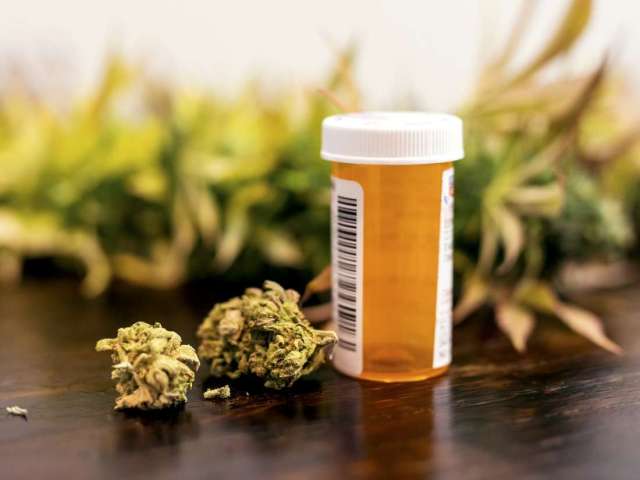
Effects and Benefits of CBD
Cannabidiol is a popular natural remedy used for many common ailments. Better known as CBD, it is one of 100 chemical compounds known as cannabinoids found in the CBD plant, CBD Sativa.
Tetrahydrocannabinol (THC) is the main psychoactive cannabinoid found in CBD and causes the “high” often associated with CBD. However, unlike THC, CBD is not psychoactive.
Buying CBD is an attractive option for those seeking relief from pain and other symptoms without the psychoactive effects of weed or some pharmaceutical drugs.
CBD oil is made by extracting CBD from the CBD plant, then diluting it with a carrier oil like coconut or hemp oil. It’s gaining momentum in the health and wellness world, with some scientific studies reportedly confirming that it can relieve symptoms of conditions like chronic pain and anxiety.
Here are seven potential health effects of CBD that have been proven by scientific studies. All the information in this article is supported by official American scientific studies but should not be taken as definitive. Indeed, although the French state and the Ministry of Health are committed to launching a medical CBD trial program, it is currently forbidden to promote the potential beneficial effects of CBD until the information has been officially ruled by the state.

- CBD COULD RELIEVE PAIN
CBD has been used to treat pain as early as 2900 B.C. More recently, scientists have discovered that certain components of CBD, including CBD, are responsible for its analgesic effects. The human body contains a specialized system called the endocannabinoid system (ECS), which is involved in the regulation of various functions, including sleep, appetite, pain, and immune system response.
The body produces endocannabinoids, which are neurotransmitters that bind to cannabinoid receptors in your nervous system. Studies have shown that CBD can help reduce chronic pain by affecting endocannabinoid receptor activity, reducing inflammation, and interacting with neurotransmitters.
For example, one study of the effects on rats found that CBD injections reduced the pain response to surgical incisions, while another study on rats found that oral CBD treatment significantly reduced sciatic nerve pain and inflammation.
Several human studies have shown that a combination of CBD and THC is effective in treating pain related to multiple sclerosis and arthritis. An oral spray called Sativex, which is a combination of THC and CBD, is approved in several countries to treat multiple sclerosis pain. A study of 47 people with multiple sclerosis examined the effects of taking Sativex for one month. Participants saw improvements in pain, walking, and muscle spasms. Yet the study included no control group and placebo effects cannot be ruled out.
Another study found that Sativex significantly improved pain during movement, pain at rest, and sleep quality in 58 people with rheumatoid arthritis.
DOES CBD REDUCE PAIN?
CBD, especially in combination with THC, may be effective in reducing pain associated with diseases such as multiple sclerosis and rheumatoid arthritis.
- CBD MAY REDUCE ANXIETY AND DEPRESSION
Anxiety and depression are common mental health disorders that can have devastating effects on health and well-being. According to the World Health Organization, depression is the leading cause of disability worldwide, while anxiety disorders rank sixth (WHO 9).
Anxiety and depression are typically treated with pharmaceutical drugs, which can cause a number of side effects, including drowsiness, agitation, insomnia, sexual dysfunction, and headaches.
In addition, medications such as benzodiazepines can be addictive and lead to addiction. CBD oil has shown promise as a treatment for both depression and anxiety, which has led many people with these disorders to become interested in this natural approach. Find out the best cbd uk from this website.
In a Brazilian study, 57 men were given oral CBD or a placebo for 90 minutes before taking a simulated public speaking test. Researchers found that a 300 mg dose of CBD was most effective in significantly reducing anxiety during the test. Placebo, a 150-mg fake CBD dose, and another 600-mg fake CBD dose had little to no effect on anxiety.
CBD oil has even been used to safely treat insomnia and anxiety in children with post-traumatic stress disorder CBD has also shown antidepressant-like effects in several animal studies.
These qualities are related to CBD’s ability to act on brain receptors for serotonin, a neurotransmitter that regulates mood and social behavior.

Way to Save Electricity

Trucks and Truck Drivers
You May Also Like

Creativity in Enhancing Brain Function
April 23, 2023
How to Brand a Business
February 4, 2021
